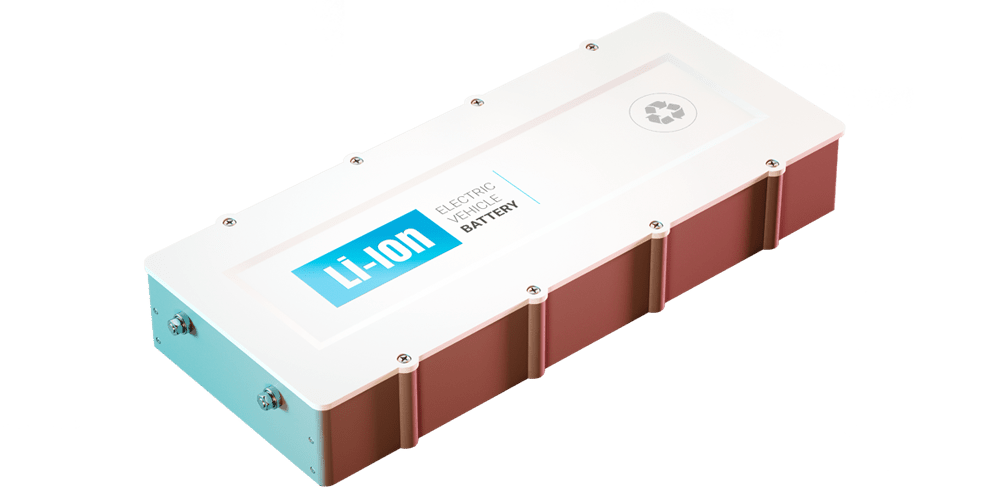
February 2, 2023
A lithium battery is a type of rechargeable battery that uses lithium ions as the primary component of its electrochemistry. These batteries are commonly used in portable electronic devices, such as smartphones and laptops, as well as in electric vehicles and grid energy storage systems.
The basic structure of a lithium battery consists of two electrodes: a cathode and an anode, which are separated by an electrolyte. The anode of a lithium battery is typically made of a material like carbon, while the cathode is made of a lithium-containing compound, such as lithium cobalt oxide (LiCoO2) or lithium iron phosphate (LiFePO4).
When the battery is in use, lithium ions flow from the anode to the cathode through the electrolyte, producing electricity. When the battery is being charged, the process is reversed and the lithium ions flow back to the anode.
Lithium batteries have several advantages over other types of batteries, such as lead-acid batteries. They have a higher energy density, which means they can store more energy in a smaller space. They also have a longer lifespan and can be charged and discharged more times. Lithium batteries also have a low self-discharge rate, which means they lose very little charge when not in use.
However, they also have some downsides, like they can be more expensive than other types of batteries, and they can be more flammable. Therefore, they need to be handled with care and they need to be used, stored and disposed properly.
Lithium batteries have come a long way and will continue to progress in the future. Recently, there is a growing interest in lithium-sulphur and lithium-air batteries as a possible replacement for traditional lithium-ion batteries, which are believed to have higher energy density and longer life cycles, but still in research stage.
Lithium batteries have come a long way and will continue to progress in the future.
“
Discover our measurement solutions for the BATTERIES manufacturing process.
Related Articles
Solutions for Battery
Battery production is a complex process that involves a variety of steps, from electrode coating and calendaring to slitting and assembly.
Battery Solution Measurement on Production Line
Learn how battery solution measurement on production line can ensure the quality and performance of your energy storage solutions.
Battery Solution Manufacturing – Powering the World with Reliable Energy Storage
Discover the benefits of battery solution manufacturing for your production line. How battery solutions are transforming battery production.

